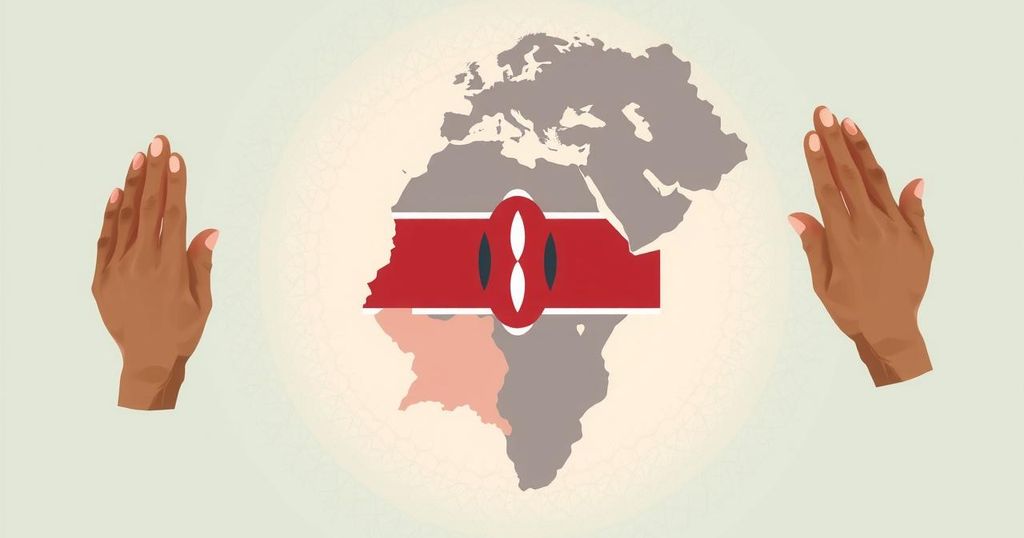The High Court of Garissa in Kenya has ruled that the government’s refusal to issue IDs to ethnic Kenyan Somali nationals is unconstitutional. The court ordered the government to remove their names from refugee databases and establish vetting committees to confirm citizenship. Human Rights Watch and Haki-na-Sheria stress the importance of ensuring that these individuals can access their rights once recognized as citizens.
On Wednesday, the High Court of Garissa in Kenya ruled that the government’s refusal to issue identification documents to ethnic Kenyan Somali nationals was unconstitutional, violating their citizenship rights. The ruling mandates the removal of erroneous entries of these individuals from the refugee databases within 60 days. Furthermore, the court instructed the government to form vetting committees with relevant agencies to confirm the citizenship of those registered as refugees.
Kenyan NGO Haki-na-Sheria expressed approval of the judgment, emphasizing the need for prompt corrective actions affecting all individuals impacted by the ruling. Yussuf Bashir, Executive Director of Haki-na-Sheria, remarked that the court recognized the rights violations against thousands of Kenyans, calling for remedial efforts for all affected parties. Human Rights Watch similarly encouraged the Kenyan government to facilitate access for double-registered individuals to public amenities once their citizenship is granted.
Previously, the High Court had affirmed the citizenship rights of ethnic Kenyan Somali nationals in January 2025, responding to widespread claims of wrongful registration. Tens of thousands of these individuals were listed incorrectly as refugees, stripping them of essential rights, such as banking, education, and government assistance. This situation stemmed from a severe drought in 1992, which forced many to register as refugees for aid.
Over the years, a biometric system initiated by the United Nations High Commissioner for Refugees helped identify these individuals. However, the sharing of this database with the Kenyan government led to the confusion between refugee statuses and citizenship. As a result, approximately 40,000 Kenyan Somali nationals remain unable to acquire national identification, undermining their entitlement as citizens.
The High Court of Garissa’s ruling represents a significant advancement in affirming the citizenship rights of ethnic Kenyan Somali nationals. By mandating the removal of erroneous refugee registrations and the establishment of vetting committees, the court seeks to rectify past injustices. It is now imperative for the Kenyan government to act swiftly in implementing these recommendations and assisting all affected individuals in obtaining their rightful citizenship and the associated rights and privileges.
Original Source: www.jurist.org




